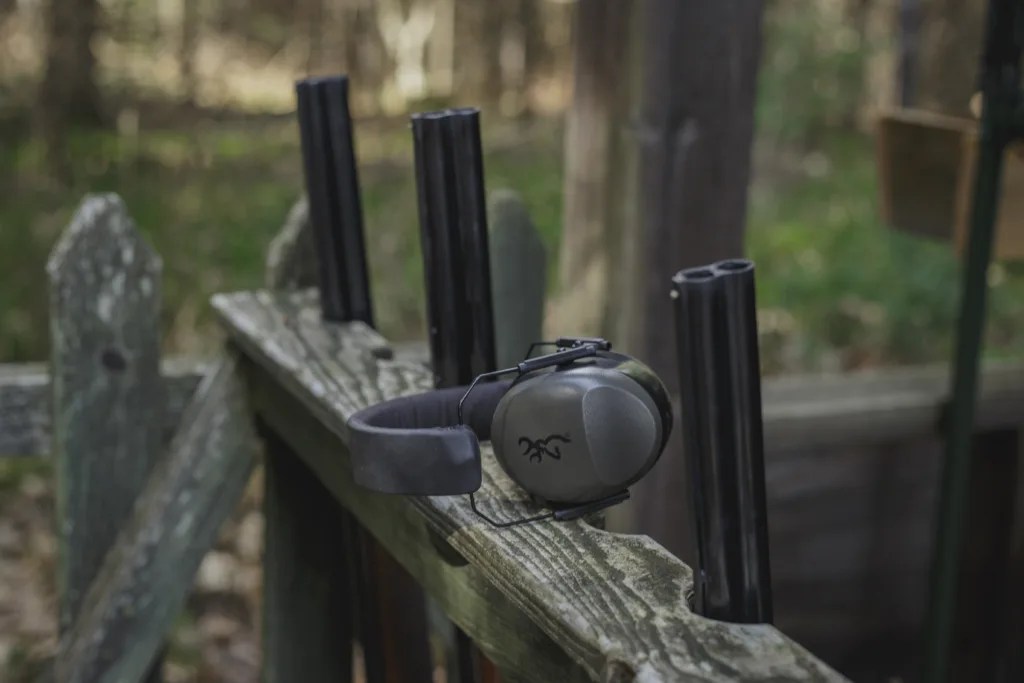What Do Gunshots Sound Like?
When it comes to understanding the nature of gunshots, many people are left with questions about what these sounds truly signify. Whether it's through movies, news reports, or real-life experiences, the auditory experience of a gunshot can be both shocking and intriguing. The sound of gunfire can vary significantly based on various factors, including the type of weapon, the environment, and even the distance from the source. In this article, we will explore the intricacies of gunshot sounds, breaking down the elements that contribute to this unique auditory phenomenon.
Gunshots can evoke a range of emotions, from fear and anxiety to curiosity and contemplation. Understanding what gunshots sound like is essential for various reasons, including public safety, law enforcement training, and even military operations. In this exploration, we will delve into the different factors that influence the sound of gunfire, how individuals can distinguish between various types of firearms, and the implications of those sounds in different contexts.
Moreover, we will examine the ways in which the media portrays gunshots, often amplifying their impact through sound design in films and television. By providing a comprehensive overview of what gunshots sound like and the factors that contribute to these sounds, we aim to equip readers with knowledge that can enhance their understanding of firearms and their significance in society.
What Factors Influence the Sound of Gunshots?
When trying to understand what do gunshots sound like, it is crucial to consider several factors that affect the auditory experience. These factors include:
- Type of Firearm: Different firearms produce distinct sounds. For example, a shotgun has a different report compared to a rifle or a handgun.
- Caliber: The caliber of the bullet can also impact the sound. Larger calibers generally produce louder sounds.
- Environmental Conditions: The surrounding environment, including urban or rural settings, can shape how sounds travel and are perceived.
- Distance: The distance from the source of the gunshot can significantly alter the sound's volume and clarity.
How Do Gunshots Sound in Different Environments?
Another aspect to consider when discussing what do gunshots sound like is the environment in which they occur. The acoustic properties of an area can dramatically influence how gunshots are perceived. For instance:
- Urban Areas: In a city, gunshots may echo off buildings, creating a more amplified sound.
- Rural Settings: In open spaces, gunshots may sound more muffled due to the lack of reflective surfaces.
- Indoor vs. Outdoor: Gunshots fired indoors can sound sharper and more pronounced due to the confined space.
What Do Gunshots Sound Like Compared to Other Sounds?
When trying to identify the sound of gunfire, many people wonder how it compares to other loud noises. Gunshots can resemble:
- Fireworks: The initial crack of a firework can be similar to a gunshot, although it usually has a more prolonged echo.
- Car Backfires: The sound of a car backfiring can be mistaken for a gunshot, but it typically lacks the sharpness.
- Thunder: A distant thunderclap may have some similarities, but the timbre and duration are usually different.
How Can You Identify Different Types of Gunshots?
Understanding what do gunshots sound like can help individuals identify the type of firearm being used. Here are some characteristics of various firearms:
- Handguns: Generally produce a sharp, quick sound that is often described as a "pop."
- Rifles: Emit a louder and deeper sound, often with a pronounced echo due to higher velocity.
- Shotguns: Create a booming sound, which can be distinctly different from handguns and rifles.
What Are the Psychological Effects of Hearing Gunshots?
Experiencing the sound of gunfire can have profound psychological effects on individuals. The implications of hearing gunshots can lead to:
- Fear and Anxiety: For many, gunshots induce a sense of fear and concern for personal safety.
- Desensitization: Frequent exposure to gunfire sounds, especially in media, can lead to numbness.
- PTSD: Witnessing or experiencing gun violence can result in long-term psychological trauma.
How Does the Media Portray Gunshots in Films and Television?
The media plays a significant role in shaping our perception of what do gunshots sound like. In movies and television, gunfire is often exaggerated for dramatic effect, leading to a distorted understanding of the actual sound. Key aspects include:
- Sound Design: Foley artists often enhance gunshot sounds to make them more impactful.
- Realism vs. Dramatic Effect: Filmmakers may choose to prioritize engaging auditory experiences over realism.
- Viewer Desensitization: Continuous exposure to hyper-realistic gunfire can alter audience perceptions of actual gun violence.
Conclusion: What Do Gunshots Sound Like in Real Life?
Ultimately, understanding what do gunshots sound like is essential for various reasons, including public safety, personal awareness, and media literacy. By recognizing the factors that influence gunshot sounds, distinguishing between different types of firearms, and acknowledging the psychological implications, individuals can gain a more comprehensive understanding of this complex auditory phenomenon. Furthermore, as society continues to grapple with issues surrounding gun violence, fostering informed discussions about the realities of gunfire will be crucial for promoting safety and awareness.
Also Read
Article Recommendations



ncG1vNJzZmivp6x7tMHRr6CvmZynsrS71KuanqtemLyue9OrsJ6bmKR%2BeXvWoZitZZSkeqjBzayfqKyjYsCwwc2dZKWhm5p7qcDMpQ%3D%3D
